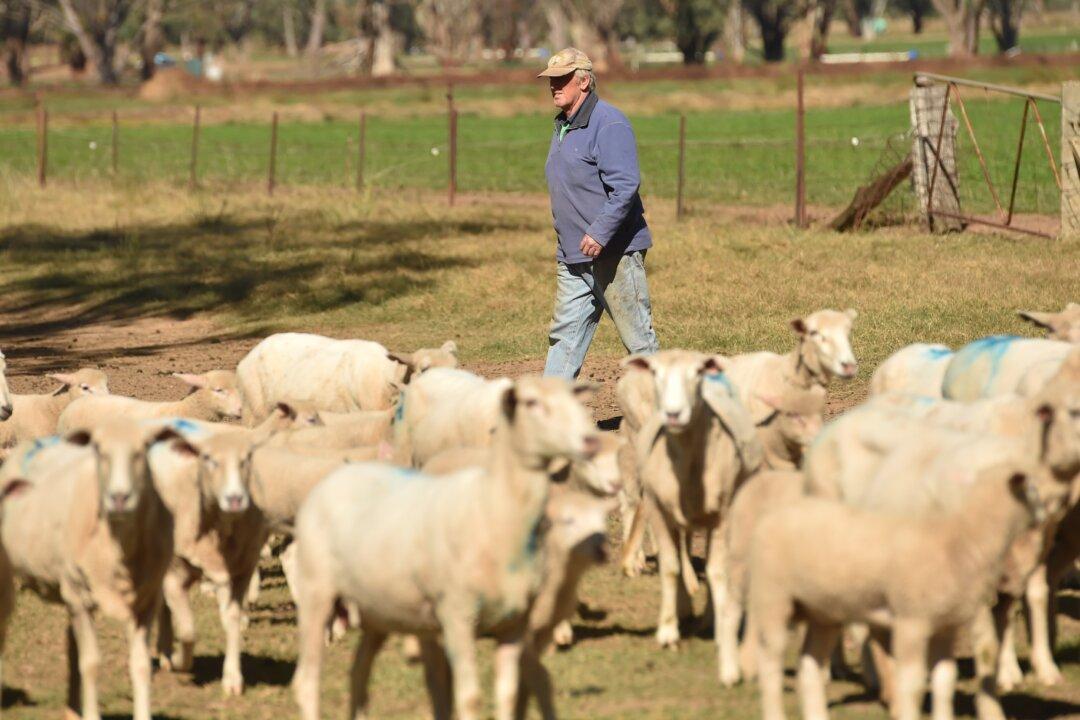The Australian Opposition Leader has vowed to stand up for the live sheep export sector as he warned the A$92 million (US$60 million) industry is at risk of being phased out for political expediency.
Speaking at a press conference in Western Australia (WA) on March 10, Peter Dutton promised to “fight against Labor’s attempts to close it down,” and if the centre-left Labor government does close it down, the Coalition would “reinstate it.”




